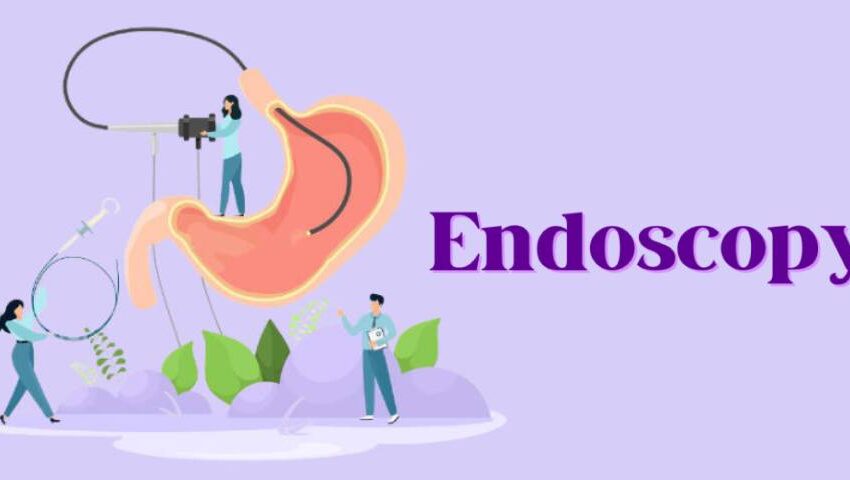
- 26/07/2021
- Dr. Samrat Jankar
- 0 Comments
- Blog
Endoscopy- Everything you got to know!
What exactly is an endoscopy?
A procedure that involves using a tube with a camera at the end to examine the gastrointestinal tract (GI tract) is known as endoscopy (endoscope). Biopsies (tiny tissue cells sample) can be taken and sent for examination as well.
Endoscopy has two classifications: Upper endoscopy and Colonoscopy.
- Upper endoscopy – Your gastroenterologist in Pune will put a small flexible tube through your mouth that uses to examine your stomach, esophagus, and small intestines. An endoscope is a long, thin, flexible tube with a camera at the end. It is used in the majority of endoscopy procedures. Further, it shows you your throat, esophagus, stomach, rectum, and colon in high-resolution images.
2. Colonoscopy– Your gastroenterologist in Pune will put a flexible tube through your rectum for examining the large intestine, colon, and rectum’s lining. Colonoscopies, which are the gold standard for detecting colorectal cancer, allow your doctor to examine your rectum and entire large intestine in great detail (colon). As all colorectal cancer begins with precancerous polyps, eliminating them during a colonoscopy can altogether avoid the disease.
Preparation
1. Your gastroenterologist in Pune may test your blood occasionally.
2. If required, your doctor will dispense the medicines through your veins.
3. Please make arrangements for transportation home. Due to the drugs, you may get exhausted following the procedure.
4. Upper endoscopy: For the six hours before the treatment, eating or drinking is not permitted. on an empty stomach, the most exemplary view and safest exam are attained
5. Colonoscopy: For a minimum of twenty-four hours before the treatment, drink only; still drinks. Your gastroenterologist in Pune will prescribe a specific cleansing solution or a laxative for cleaning your bowel of feces. This can helps your gastroenterologist in Pune to examine your intestines/rectum.
What should you expect from an endoscopy done?
For you to relax, your gastroenterologist will give you a sedative or spray a local anesthetic in your throat. Then your doctor will pass the endoscope through your mouth into your esophagus, stomach, and duodenum as you lie on your side. The endoscope does not affect your respiration. The procedure is only a bit painful for many patients, and most fall asleep during it.
What happens next after an endoscopy?
You will be repeatedly monitored till most of the medicine’s effects have worn off. Your throat may seem uncomfortable, and you may feel bloatedfor some time due to the air injected into your stomach during the treatment. Unless your specialist directs you otherwise, you can eat after you leave.
Your doctor can often tell you the outcomes of your tests on the treatment day; yet, few tests may take many days to complete.
Even if you do not feel exhausted, you cannot drive after the treatment if you were given sedatives. As the sedatives may influence your reflexes and judgment for the remainder of the day, you should arrange for a person to accompany you home.
what happens during a colonoscopy?
Colonoscopy is a painless treatment that is well tolerated. During the procedure, you may undergo bloating, pressure, or cramps. You will almost certainly be given a sedative for you to relax and cope with any discomfort.
Your gastroenterologist in Pune will slowly move the colonoscope down your large intestine to inspect the lining while you lie on your back or side. The procedure requires about forty-five to sixty minutes on average; still, you should allow two to three hours for waiting, preparation, and recovery.
What happens next After a colonoscopy?
Your gastroenterologist in Pune will go through the test outcomes with you, but you will have to wait for any biopsies results that were done. A person must drive you home and remain with you if you were given sedatives at the operation.
Due to the air injected during the colonoscopy procedure, you may experience bloating or cramping. When you pass gas, this should go away immediately. Although you feel awake following the operation, your reflexes and judgment may stay sluggish for the rest of the day.
